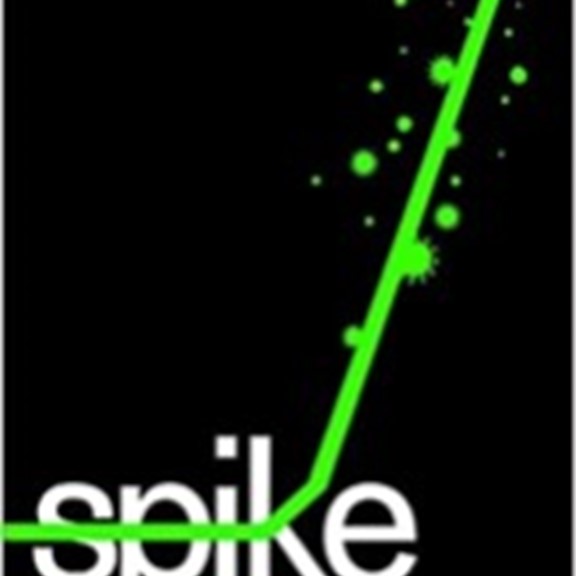Spike: The Virus v The People (The Inside Story) by Jeremy Farrar with Anjana Ahuja
Friday, 10 December 2021
Historians (your reviewer is one such) are cautious creatures. This is not a cautious book. It is revealing and no doubt accurate. But it is not entirely balanced.
It describes the interaction of scientists with politicians during the pandemic, from Wuhan’s first trickles to the world tsunami. The heroes are the scientists who got the data and stated the implications. The author, who until recently was Director of the Wellcome Trust, very often refers to them by their first names, as befits friends and colleagues. This is revealing and slightly disconcerting. Cold fact, comradeship and community are intertwined. With these heroes stand those non-specialists who listen to and act upon what the specialists say. Remarkably, Mr Dominic Cummings appears sometimes to have been one of those. The villains, if they can be so called, are the politicians who do not listen carefully and who fail to act decisively. The book names them, so this review need not: but few will be surprised at whom the author identifies.
There are fascinating points of interest. First, there is clearly a wide international network of the scientific good and great. Far more seems to depend upon personal contacts in that world than the rest of us might imagine. Secondly, democracy is clearly at the same disadvantage as it was in the 1930s; though the pandemic took everyone by surprise, the societies that (so far) have coped with it best are those where public debate and personal choice are less taken for granted than they are here. Thirdly, British health administration can be a confusing mess, and never more so than in a crisis.
The author is very much at the centre of the narrative. He writes as a specialist in rapidly-spreading infectious disease might be expected to write. He follows evidence, identifies crises (he uses the word frequently) and urges vigorous solutions. His knowledge and experience are considerable. But the reader might still be cautious. The book advertises itself as “the inside story”: but it’s only one inside story amongst many.
For expert knowledge has its limits. Elected representatives must deal with data from other sources as well. Lockdowns undoubtedly save lives: they also put the same lives under huge pressure, stifle economies, provoke demonstrations and even cause riots. Incompetence is of course incompetence the world over. But western democracies can only impose draconian measures by consent, especially when the threat is new. Getting consent is far more of an art than it is a science. That is why this is not a cautious book. It is still definitely worth reading.
Ophicleide


